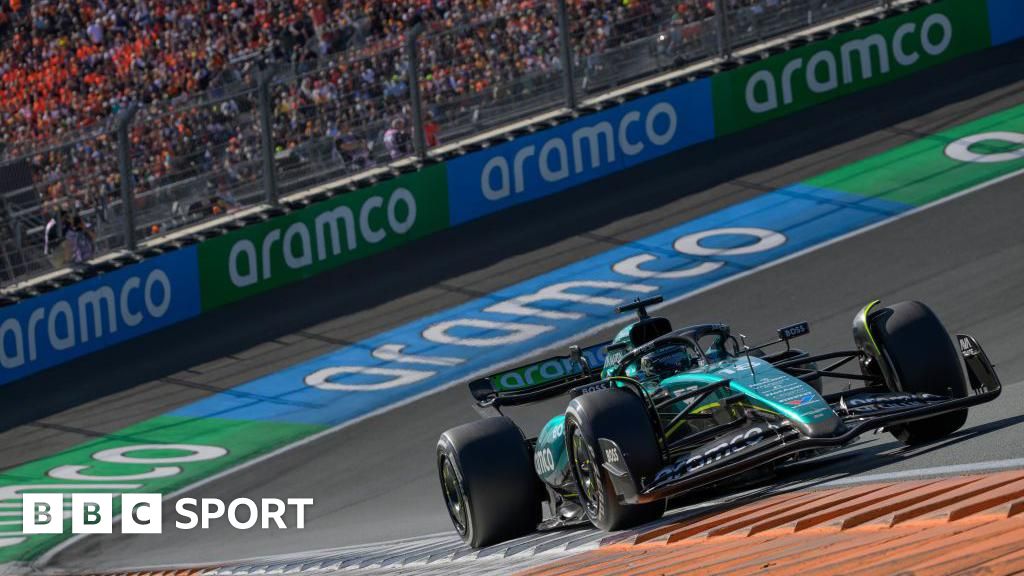Earlier this year Aramco announced a partnership with world football governing body Fifa. It is also a major sponsor of Formula 1 and has a global deal with the International Cricket Council, the sport’s world governing body. It declined to comment.
Ineos, which has invested in a range of sports teams, also declined to comment, although its chairman Sir Jim Ratcliffe has previously denied allegations of ‘sportswashing’ by campaigners.
TotalEnergies – whose sponsorship of the 2023 Rugby World Cup was criticised by Greenpeace – has been contacted for comment.
It has previously said: “Our sports sponsorship represents a tremendous open-air laboratory where TotalEnergies can trial the new solutions that it has pioneered to support and guide its customers and partners towards the mobility of tomorrow’s world and carbon neutrality.”
Shell, which sparked controversy by sponsoring British Cycling in 2022, said it has “invested £4.2bn in low-carbon solutions last year, which was 23% of its capital spending”.
It added: “This is to support the development of low-carbon energy solutions including e-mobility, low-carbon fuels, renewable power, hydrogen, and carbon capture and storage.”
NWI is calling on sports organisations and governing bodies to introduce “tobacco-style bans on sponsorship from fossil fuel companies, and actively seek and encourage more sustainable sources of funding”.
Andrew Simms, co-director of NWI, said: “Oil companies who are delaying climate action and pouring more fuel on the fire of global heating, are using big tobacco’s old playbook and trying to pass themselves off as patrons of sport.
“But air pollution from fossil fuels and the extreme weather of a warming world threaten the very future of athletes, fans and events ranging from the Winter Olympics to World Cups.
“If sport is to have a future it needs to clean itself of dirty money from big polluters and stop promoting its own destruction.”

